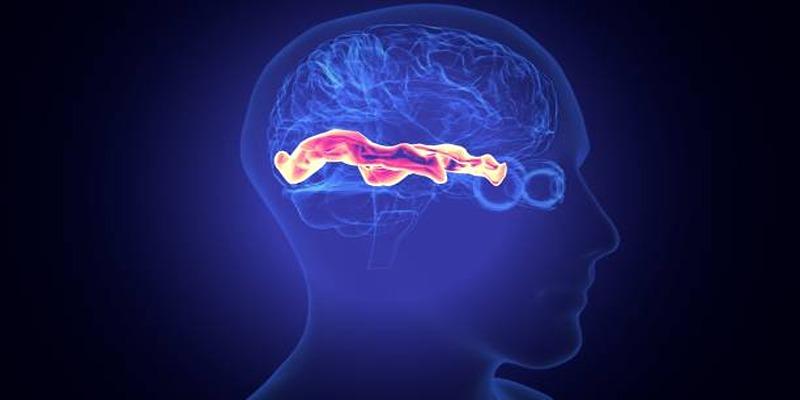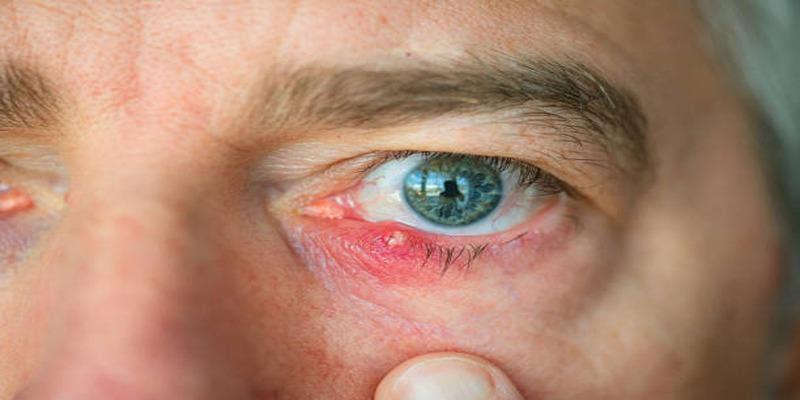Medical research studies are crucial for advancing healthcare and making life-saving breakthroughs. However, misconceptions often arise regarding their true purpose. This article aims to dispel common myths by exploring the realities of operational medical research and highlighting its vital contributions to modern medicine and society.

Medical research is the organized search of knowledge to enhance health. It is not only trying to provide new treatments but also trying to learn about diseases, possibly know preventive means, improve diagnostic means, as well as understand the social or environmental factors that manipulate health.
Research may take several forms such as the extensive investigation of types of illness and their prevalence among groups of people such as world research on some topics to the finer details of analyzing cells through a microscope rather than just a soapstone.
All levels of research, which are basic, clinical, and applied, will add up to an even greater picture in terms of healthcare progress. Notably, the goal is not merely to cure illness but also to enhance psychology and avert other health related inconveniences.
Reality: Although medication/therapy creation is a crucial aspect of research, it is not the only goal of research anymore. Medical researchers go into research on early detection of diseases, mental diseases, nutrition, rehabilitation, as well as the provision systems of healthcare. A convenient example is the study of lifestyle manipulations, including exercise, diet, or coping with stress, which allows saving lives at least as well as the treatment.
People can be potentially blinded by the blink and miss theory of medicines because rather than concentrating on the overarching value of the research in the spheres of preventive care, education, and long-term quality of life.
Reality: Humans significantly contribute to research as it is not the point of beginning. The process between conception and clinical research is very lengthy. The preliminary work can usually start with the laboratory work, analysis of data, and the use of models on a computer. It only undergoes human trials when a treatment or intervention is proved to show adequate promise and safety.
Moreover, most of the research, which involves the study of people, is not an experimental study but an observational study where the researcher observes the status of existing conditions, behaviors or circumstances in their native forms with no attempt at implementing new intervention to determine its effect.
Reality: the issue of safety has become one of the pillars of modern investigation. Ethical principles and ethics committees make sure that the research is conducted with the good of the participants in perspective. Volunteers are provided with the information concerning the aim, risks, and possible benefits of a given study before ensuring that they have informed consent regarding that study.
Various monitoring is carried out through the process to ensure reduced risks are applied towards mitigating risks to participants. Although not a research that is completely safe, nowadays, due to these protective measures, as well as transparency and accountability, participation is much safer than most people are convinced.
Fact: Large-scale research demands financial support which does not necessarily compromise integrity. There are systems in place to guard against bias such as having peer review which is carried out independently, is mandatory to disclose, and has potential to be replicated by different researchers.
Transparency is implemented by Journals and regulatory agencies and reproducibility is appreciated as a measure of reliability by the scientific community. The choice of questions to ask can obviously be stratified by the funding, but how credible the results will be is pegged on methodology, transparency and confirmation between and among studies and not on the question provider.
Fact: Celestial finding is a process. An individual research study can give a significant output but hardly gives final conclusions. Rather, knowledge is built up by repetitions, verification, and refining numerous inquiries. That is why the medical instructions might evolve with the course of time as new facts might appear to support or disprove the previous conclusions.
To the general population, it is important to perceive research as a dialogue process instead of a successful sequence of announcements. This school of thought is patient, and has faith in the graduality of scientific development.
Reality: There are myriads of differences between people as to their genetics and age, to their lifestyle and environment. The research findings tend to be the reflection of patterns that can be observed in one particular study population but not in all the others. Acknowledging this weakness, scholars have given more importance on the diversity of study groups in research with the aim of making results applicable to a large pool of individuals.
A developing discipline and based on this understanding is personalized medicine that is customized against the backdrop of personal traits. At least by valuing the differences of responses, people can perceive results in a realistic light instead of universality.
Reality: It is not primarily the scientists or clinicians but society that benefits significantly on research. All healthcare exams, standard vaccinations, or timetable health suggestions people comply with are executed on the basis of the years of previous investigations. Poverty reduction needs to go through hard research, which produces evidence-based outcomes in the form of public health campaigns promoting healthy behaviors.
Discoveries may seem minor in the beginning but tend to add up to some of the most significant contributions, helping to make life and the world a better place to live in. The benefits of research investments to patients and even communities come not only to professionals.

Truth: Much research needs a lot of time and money, but the advantages greatly exceed the expenses. The medical progress made during the last century, be it in the field of surgery or disease prevention, is all the result of the hard-to-come-by research efforts. In that case, without this, the field of medicine would never progress, and society would be exposed to avoidable diseases and their outdated treatment methods.
Economic benefits are also a common outcome of research, particularly in lowering expenditure on healthcare systems in terms of preventing health complications, minimizing hospitalizations, and developing more effective models of care. Research is not a waste of financial resources but rather a healthier and more sustainable future.
Medical research is more than experiments and data; it is the structured pursuit of knowledge that shapes the future of healthcare. Myths about safety, bias, or purpose often obscure its value, but the realities tell a different story. Research is ethical, methodical, and focused on improving the lives of people everywhere. By separating fact from misconception, we create space for greater understanding and encourage collaboration between researchers, healthcare providers, and the public.
 TOP
TOP
Curious about when to claim your Social Security benefit? Learn how age, health, income, and other personal factors influence this important decision and shape your retirement future
 TOP
TOP
The joys of spontaneous travel with tips for unplanned adventures, packing light, and connecting with locals for unforgettable experiences.
 TOP
TOP
Discover thrilling day trips near Cape Town, featuring stunning landscapes, cultural experiences, and adventure for every traveler.
 TOP
TOP
Discover the truths and misconceptions about medical research studies in this insightful article.
 TOP
TOP
The benefits of outdoor activities for improving physical and mental well-being.
 TOP
TOP
Discover the truth about cold weather and its link to sickness in this science-based article.
 TOP
TOP
Identify emotional clutter and discover practical ways to declutter your mind for clarity and peace.
 TOP
TOP
Debunking 7 common myths about Alzheimer’s and dementia for clearer understanding.
 TOP
TOP
Untreated GERD can cause esophagus damage, Barrett’s esophagus, dental erosion, and cancer. Learn symptoms, risks, and why early treatment matters for health.
 TOP
TOP
Aphantasia affects mental imagery, memory, and creativity. Explore its causes, cognitive impacts, coping strategies, and real-life adaptations for navigating life without a mind's eye.
 TOP
TOP
Mental health shapes our well-being, productivity, and equality. Learn why it matters for everyone and discover ways to build stronger support systems.
 TOP
TOP
Learn to identify whether your eyelid bump is a stye or a chalazion, understand the causes and symptoms, and explore effective treatment options for better eye health and comfort.